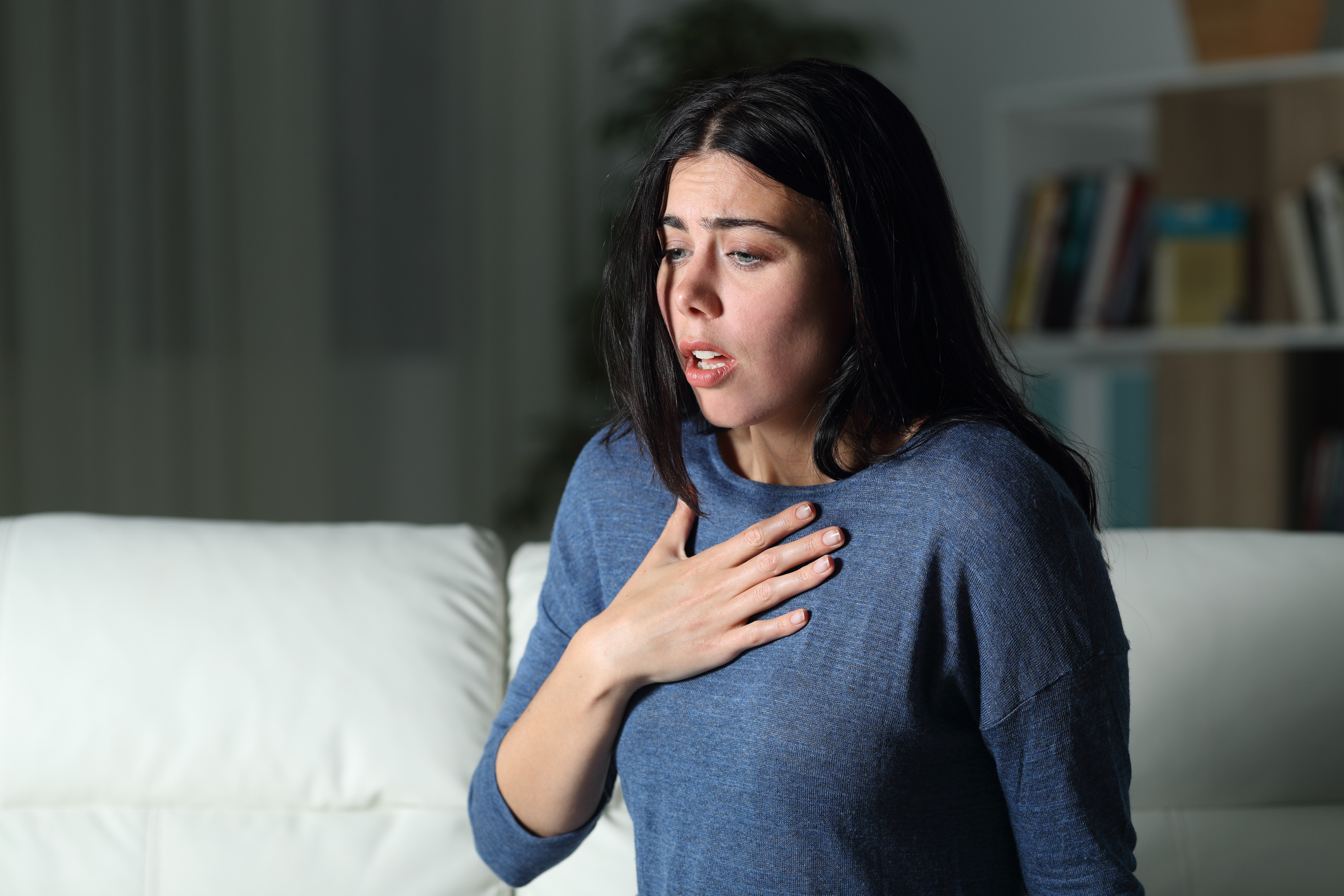Anxiety

Anxiety
Anxiety: Definition, Symptoms, and Treatment
Definition: Anxiety is a normal and often adaptive response to stress or danger. It is a feeling of unease, worry, or fear that can range from mild to severe and can manifest in various situations. However, when anxiety becomes excessive, persistent, and starts to interfere with daily life, it can be classified as an anxiety disorder.
Symptoms: The symptoms of anxiety can vary widely from person to person and can include both physical and psychological manifestations. Common symptoms of anxiety may include:
- Physical Symptoms:
-
- Rapid heartbeat or palpitations
- Sweating and trembling
- Shortness of breath or difficulty breathing
- Muscle tension and aches
- Nausea or stomach discomfort
- Dizziness or lightheadedness
- Fatigue and restlessness
- Psychological Symptoms:
-
- Excessive worry or fear about future events or situations
- Feeling on edge or being easily startled
- Difficulty concentrating or controlling racing thoughts
- Irritability and mood swings
- Trouble sleeping or experiencing insomnia
- Avoidance of situations that trigger anxiety
Treatment: Effective treatment for anxiety often involves a combination of therapies, lifestyle changes, and, in some cases, medication. The choice of treatment depends on the severity of the anxiety and individual preferences. Here are some common approaches:
- Therapies:
-
- Cognitive Behavioral Therapy (CBT): This type of therapy helps individuals identify and change negative thought patterns and behaviors that contribute to anxiety.
- Exposure Therapy: Particularly useful for specific phobias and panic disorders, exposure therapy gradually exposes individuals to their fears in a controlled manner, helping them learn to manage their anxiety responses.
- Mindfulness and Relaxation Techniques: Practices such as meditation, deep breathing, and progressive muscle relaxation can help reduce overall anxiety levels.
- Lifestyle Changes:
-
- Regular Exercise: Physical activity can help reduce anxiety by releasing endorphins and improving overall mood.
- Healthy Diet: A balanced diet can contribute to better mental well-being. Limiting caffeine and sugar intake may also help manage anxiety.
- Adequate Sleep: Prioritizing good sleep hygiene can improve mood and decrease anxiety.
- Medication:
-
- Antidepressants: Certain types of antidepressant medications, such as selective serotonin reuptake inhibitors (SSRIs) and serotonin-norepinephrine reuptake inhibitors (SNRIs), can help manage anxiety disorders.
- Benzodiazepines: These are fast-acting medications that can provide temporary relief from acute anxiety symptoms, but they are usually prescribed for short-term use due to the risk of dependence.
- Support Groups and Self-Help:
-
- Joining support groups or engaging in self-help strategies, such as journaling or using anxiety management apps, can provide valuable tools for coping with anxiety.
It's important to note that seeking professional help from mental health experts, such as psychologists, psychiatrists, or counselors, is crucial for proper diagnosis and tailored treatment plans. If you or someone you know is struggling with anxiety, reaching out for assistance is the first step towards managing the condition effectively.